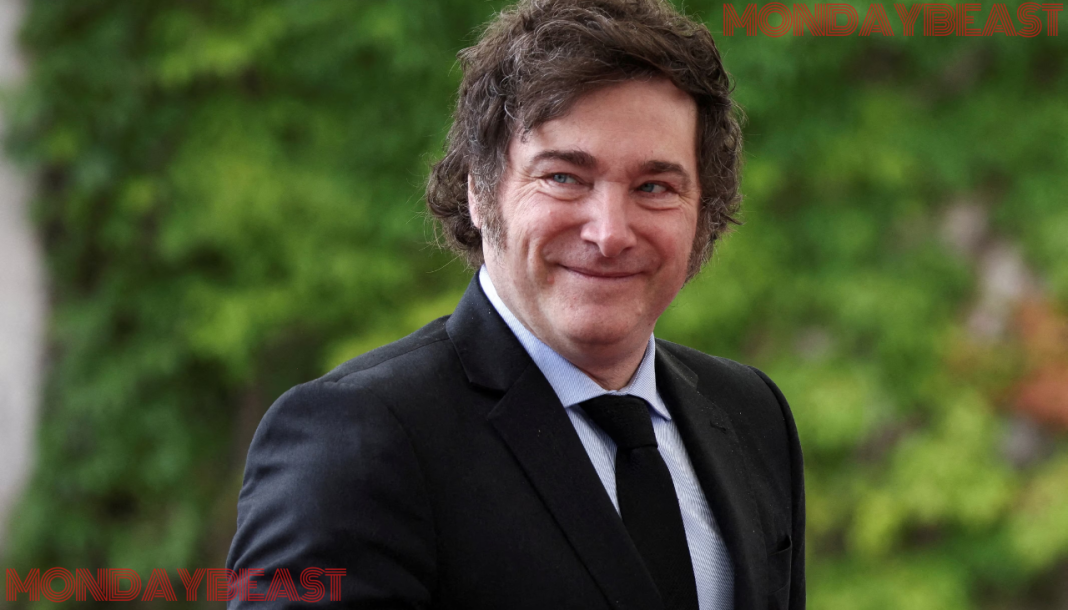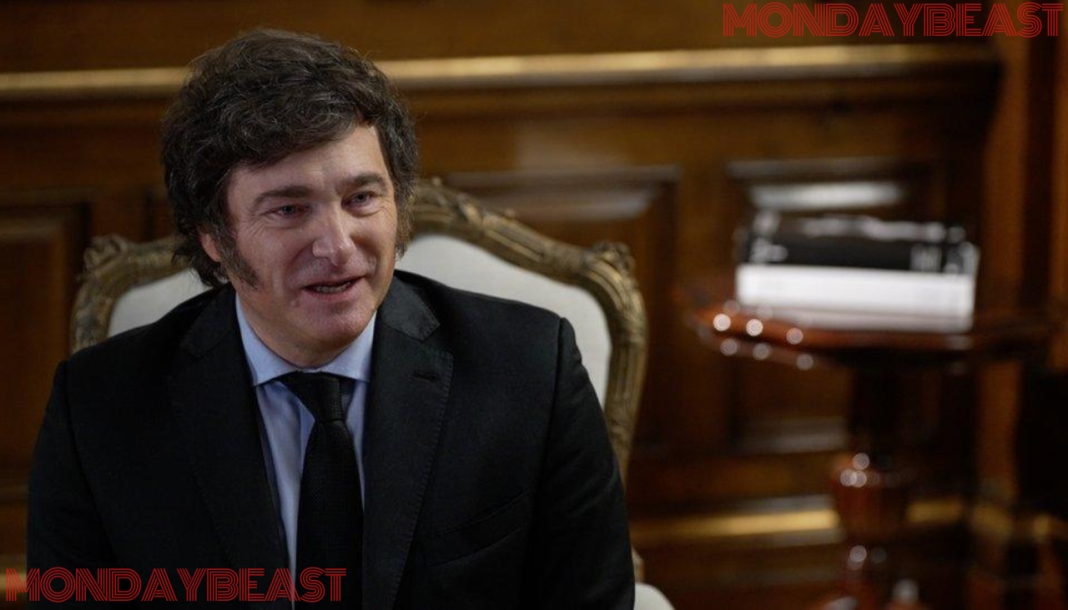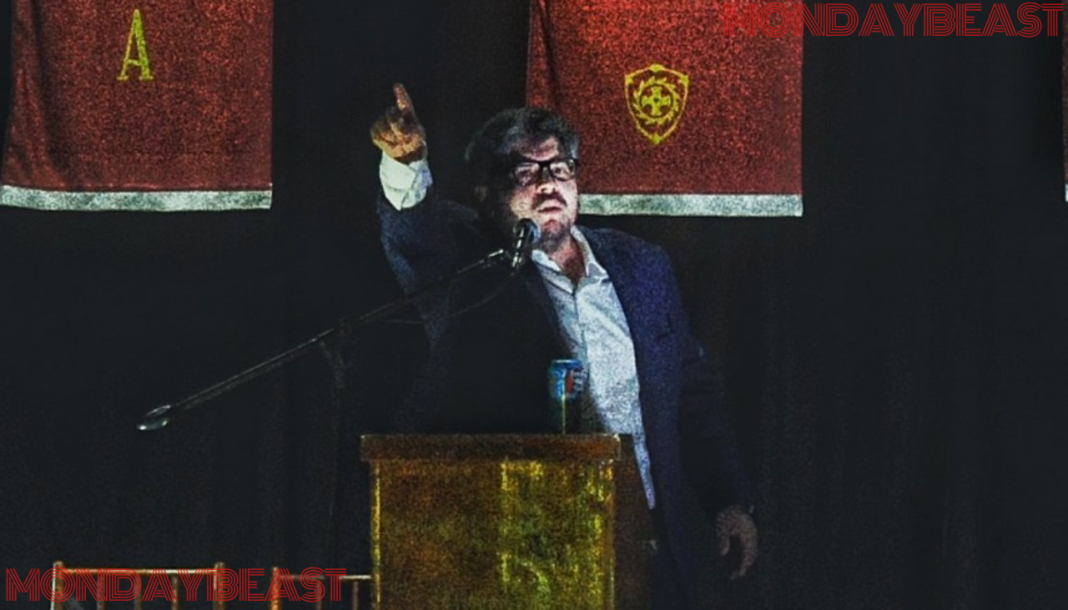Javier Milei is making waves in Argentina. His bold claims have sparked interest and curiosity. In a recent interview with Lex Fridman, he revealed his vision for how Argentina’s economy is on a flourishing path.
Milei asserts that the country’s economy is thriving. But what does he mean by that? He pointed to significant reductions in the country risk and improvements in various dollar quotations. The economic shift has raised hopes for investors and the public alike.

He delved deep into Argentina’s past struggles. The economic controls, excessive fiscal deficits, and random monetary emissions painted a grim picture. For years, the real levels of poverty were masked, leaving many to wonder—how did it come to this?
Milei argues for transparency in pricing. He believes that opening the economy will reveal the true state of poverty. As he stated, “You can only help people by sincering prices.” This is a radical shift, and it raises questions about the immediate effects on the population.
But with honesty comes hardship. Adjusting the prices of basic goods will inevitably lead to a spike in poverty. How do you balance truth-telling with compassion for the vulnerable?
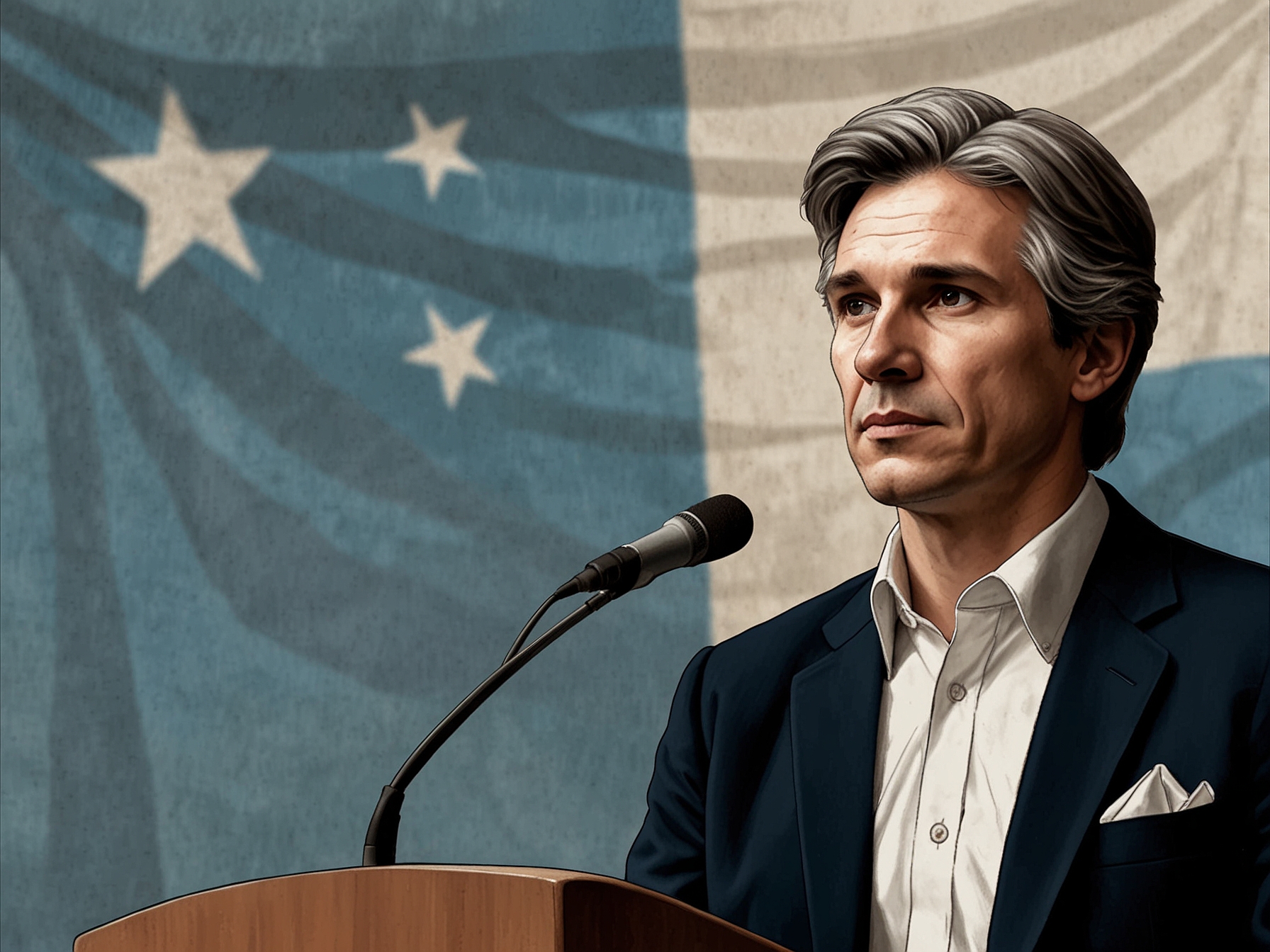
Tackling these elements laid the groundwork for what Milei calls a recovery cycle. Remarkably, he noted that salaries are growing above inflation rates. Could this signal a turning point for Argentina’s workforce?
Milei’s commitment to long-term reforms is evident. His statement about reducing country risk from 3,000 to 770 basis points is impressive. But how sustainable is this progress?
The president also emphasized the importance of cultural battles. He likened Argentina to Chile, where a robust economic model faltered due to social changes. How can leaders prevent this from happening?
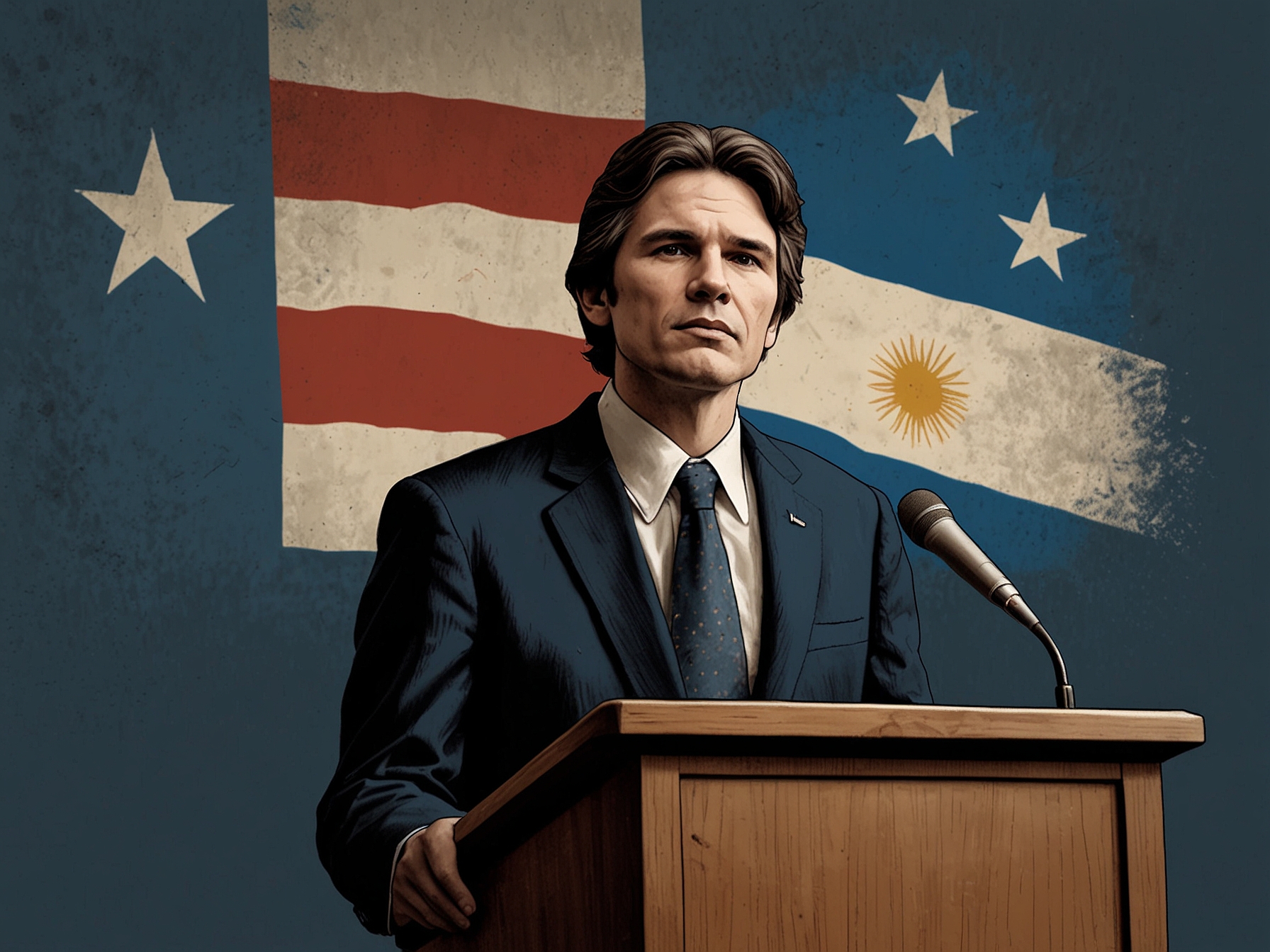
Milei has been explicit about his criticisms of feminism and environmental movements. His reasoning? He believes these ideologies have layered complexities that can undermine economic growth. Is this the right strategy?
He argues that the socialist influence must be addressed. As he noted, socialists have successfully infiltrated important societal structures. What can a government do to reclaim these spaces?
During the conversation, he turned his attention to corruption. The public is weary of deceptive practices that plague politics. He claims to prioritize judicial freedom. But does this accountability extend beyond rhetoric?
He took a firm stance against the previous administration’s corruption issues. Illustrating how the Kirchner administration misused welfare systems for personal gain left many astounded. Are politicians catching on to the need for transparency?
Milei even drew attention to international alliances. His vision for a stronger relationship with the U.S. could reshape Argentina’s path. What does this mean for future investments?
Notably, his admiration for Donald Trump was palpable. He referenced Trump’s outspoken approach to socialism as a trait to emulate. How might this alliance impact American diplomacy?
Milei’s tone throughout the discussion varied, from hopeful to intensely critical. This mix of emotions conveyed his deep concern for Argentina’s future. Yet, he also radiated belief in his reforms.
Ultimately, this lengthy interview left listeners pondering many questions. Is Argentina on the brink of a major economic comeback? What role will cultural battles play in this ongoing struggle?
Trying to navigate these complex themes could provide a blueprint for others facing similar challenges. It’s a moment of reflection, not just for Argentina, but for global leaders watching closely.

